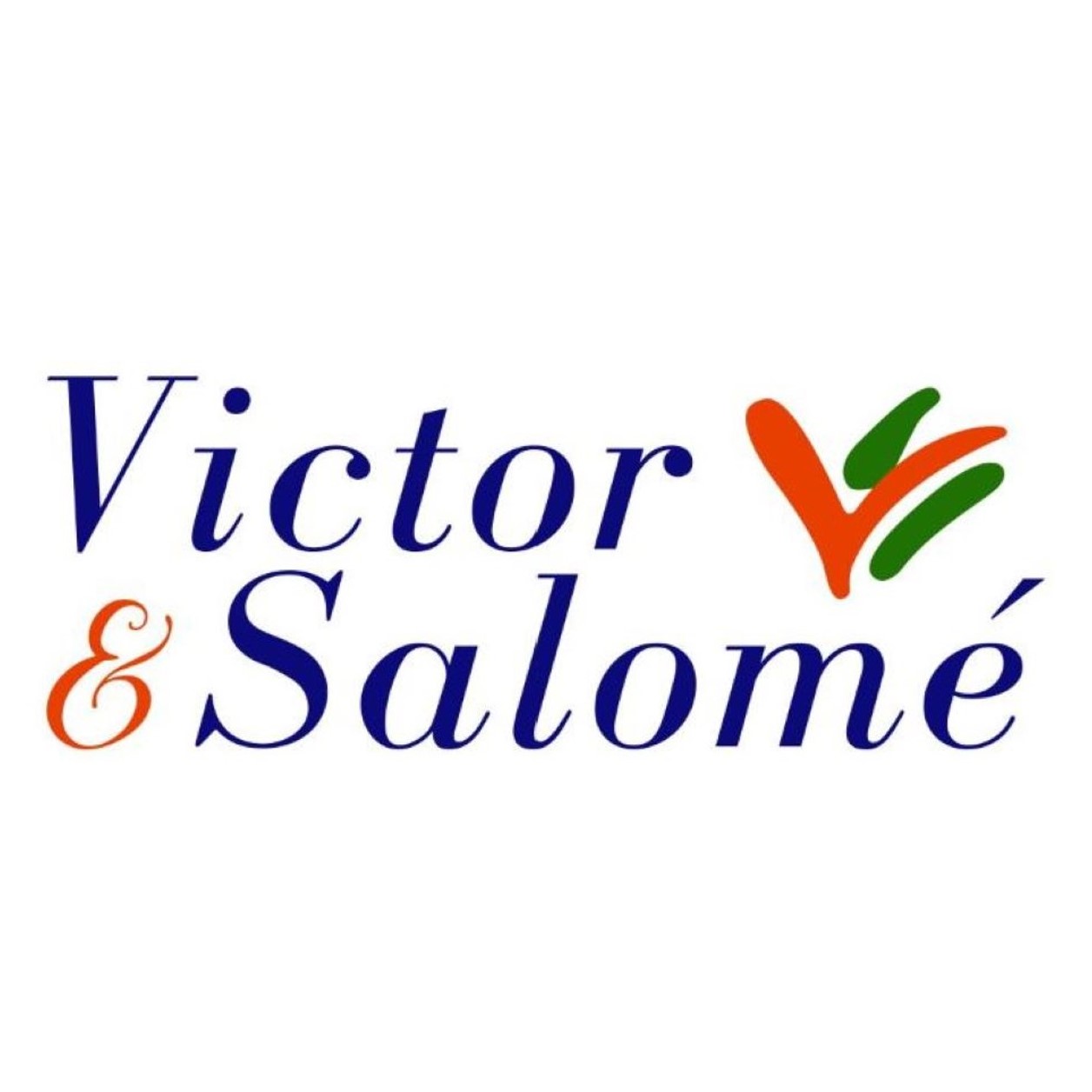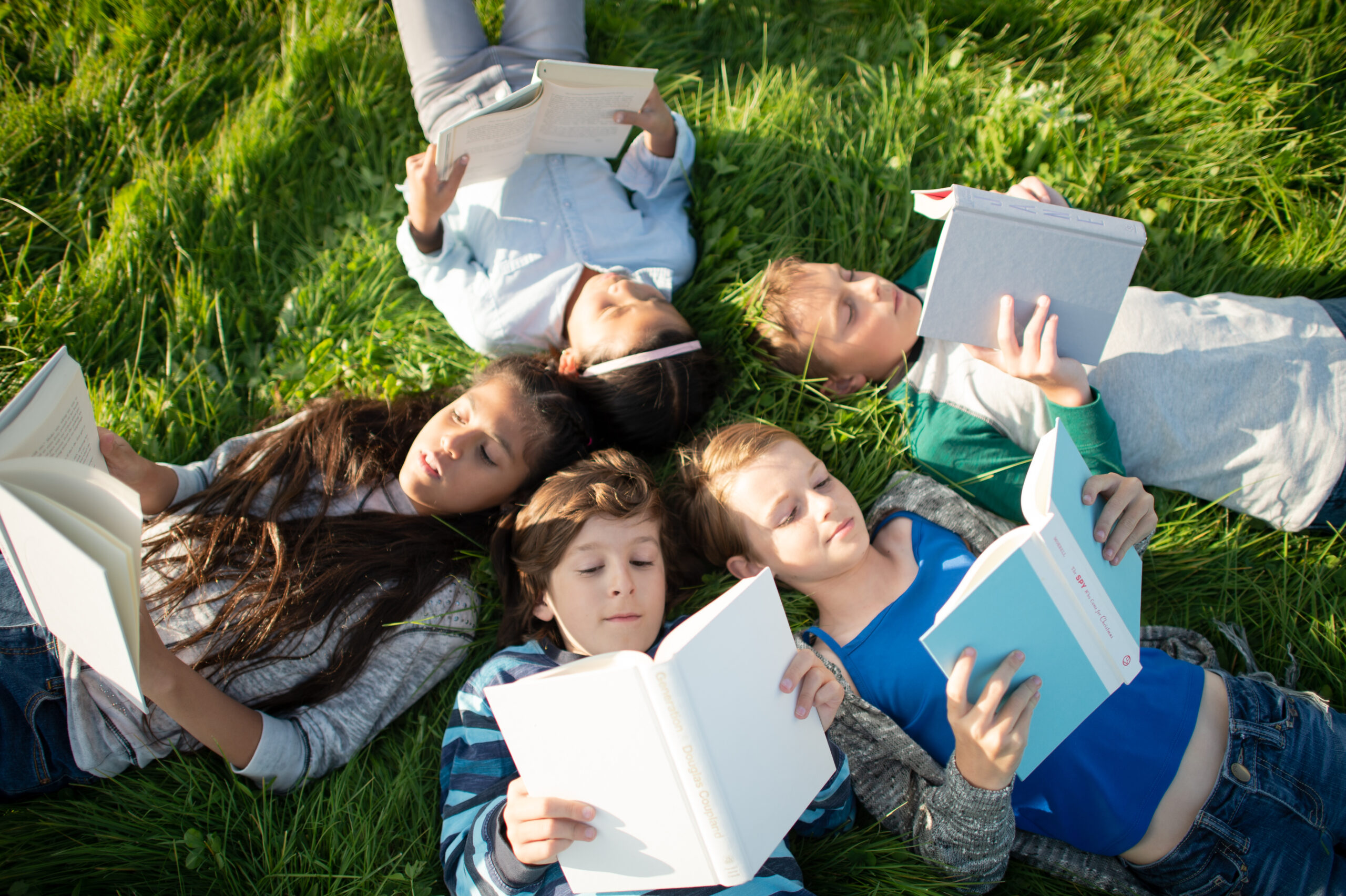Education project
Our pedagogy is inspired by Charlotte Mason, classical education, and Maria Montessori for Preschool. In the future, we may consider additional teaching models, if they correspond best to the child and their challenges, needs or styles of learning.
Relation between teacher and child
The teachers of the school are attentive to a child’s natural enthusiasm for learning, and seek to cultivate and nourish that inherent gift.
The teachers will cultivate an attitude of encouragement. They accompany the child in his difficulties, accentuating his/her progress, without hiding weaknesses: the personal progress is more important than reaching a standard (only the standards of cycles, in accordance with the rules of the French National Education, are retained). The teachers will identify the talents and giftings of each child, and encourage their development.
The teachers’ attitudes inspire a relationship of confidence. The teachers lead and teach by example and, occasionally, they may need to apologize to a student for inadvertently conveying disrespect, or being insensitive. It is expected, however, that the authority of adults is to be respected by the children.
Recognition of the parents’ place in education
We recognize the legitimate place of the parents in the education of their children, as their first educators (art. 26.3 of the Universal Declaration of Human Rights, 1948). We are looking for a relationship of mutual confidence with all the members of the educational community. We want to encourage parents and grandparents to transmit their knowledge and know-how to their children.
They are invited to participate in the life of the school by giving a workshop once or twice a year, depending on their talents and capacities. Parents will also be invited to participate in training sessions to better understand the educational approach of the school, which will help them support their children in their education.
In keeping with the work at school, parents and their child will select a "living book" that they will read together during the quarter. It is an occasion of privileged family time that will make for common references and encourage the child to read, which is an essential key to learning. In this context, the books provide an opportunity to talk more easily about the difficult subjects of life as these things are experienced by fictional characters.
L’école donne peu de devoirs à la maison. Ces devoirs sont donnés dans l’idée d’une continuité entre le travail à l’école et à la maison, afin de permettre aux parents de suivre les apprentissages de leur enfant. Cela peut aussi être l’occasion pour l’enfant d’avancer sur un projet personnel.
Formal learning in the morning, activities in the afternoon
The schedule provides a rich and varied instruction in the morning, with a focus on essentials. The morning lessons are short, so they are adapted to the child’s capacity for concentration, depending on their age. They are varied as well, adapted to the child’s attention span. The teachers are attentive to alternate listening and doing, for the development of the left and right brain.
Afternoons are reserved for activities, according to the child’s desires, interests and the school’s capacities, while prioritizing regularity. With this in mind, we propose: coaching in French and Mathematics; collective activity like choir or theater; scientific experiences; excursions in nature once a week; crafts; executing a personal project; discovery workshop led by a parent; free time for observation outside; personal practice of an instrument; reading aloud/public speaking, etc. The goal is particularly to develop the child's creativity and spirit of initiative.
Transversal Instruction
Our pedagogy favors the relatedness of subjects: the student may improve his French in History class, while gain mathematical knowledge in Geography lessons.
Instruction is not limited to classes based on age: we have multi-grades. Children of different ages may follow the same lecture and learn, depending on his/her capacity, while respecting the requirements at the end of a cycle. The interaction between children of different ages is encouraged.
The pedagogial approach is multi-sensorial, especially for Mathematics and Geography. This effective method of learning is “hands on”, reinforced by manipulatives, as well as written and spoken. The educational supports of manipulatives are thoroughly integrated, particularly in Kindergarten.
Time Outside
The school garden is an essential aspect of daily school life: breaks and afternoon activities are an occasion to play, to enjoy physical exercise and observation of nature.
Once a week, the children will spend half a day outside, particularly in the forest. Observation, exploration and keeping a nature journal, are occasions to share and marvel at nature. Nature lessons may follow and nourish all these personal and collective observations, to more firmly root the knowledge through observation about the subject.
Scientific experiences complete lessons in sciences, with knowledge and discovery being equally vital to a sound scientific approach.
Awareness of the Beautiful
The transmission of the classical culture, also means awareness of important works of art through the ages. Several art lessons are given each week: listening to classical music, observation of a tableau, lecture of poetry, differents arts on a rotational basis (dance, architecture, etc.). The choice of literature has the same purpose; histories well written that have come down through the ages—for example, Greek mythology. Experiencing wonder through observing artistic works and nature is encouraged.
Bilingual French | English
The morning teachings are given in French. The group of the third cycle may have support in English, according to the English level of the student.
The English lessons are given in the afternoon by a native speaker. This teacher is present during the afternoon activities, and the children will be required to talk to her in English.
An international exchange program will invite the children to correspond with other children abroad.
Personalized Instruction
The small group sizes enable the teachers to closely monitor each child. The multi-grade groups, rather than placing a child at one specific level, permit learning adapted to their progress, especially in French and Mathematics. f necessary, a child may change groups if he encounters difficulties, or on the contrary, if his progress is such, he would have the ability to advance to the next level.
L’importance du travail à l’oral permet d’avancer dans les matières de découverte du monde, sans être trop limité par les acquis de l’enfant en écriture et en français. Ainsi, l’enfant est stimulé et encouragé à progresser dans les matières difficiles pour lui, afin in fine, de pouvoir aller plus loin dans celles pour lesquelles son goût est entretenu.
Enfin, les activités diverses proposées les après-midis ne dépendent pas d’un niveau, mais plus des préférences de l’enfant, en accord avec ses parents. L’une de ces activités consistera en la poursuite d’un projet personnel ou en petit groupe, accompagné par un adulte : au choix de l’enfant, sur un axe entrepreneurial, social, artistique, ou de recherche avec une démarche scientifique.
The Value of Oral Lessons
Narration and memorization are part of the exercises of this pedagogy. Every lecture in a lesson leads the child to tell what he/she understands. This exercise is introduced from 5 years in the spoken way, and progressively required in writing: the oral exercise prepares written skills.
By recommandation of the classical education, memorization of poems, songs, historical chronology and geographical locations are an integrated part of the learning of the children throughout their enrollment.
Finally, children are invited to present their work often: to their parents by showing them his/her nature journal, and also in school in the form of a presentation (personal project, lecture, etc.).
Personal Reflection and Expression
We want to train children to listen, speak and inquire, in order to prepare them to apprehend the complexity of the world. Every subject may be discussed at school. The writings of learning in literature and the exploration of the world are done in discovery journals (nature journal, history journal, …). The child is invited to write or draw what he understood of the lessons in the morning. This habit may continue in the afternoon, or every time he/she explores and wants to keep a record. This methodology encourages the child to build his own considerations about a topic, and to work on his personal expression. This is encouraged in the personal project (in the choice of the subject and in the presentation), and in crafts.
In respecting the child as a person, and the attentive listening by the educational community invite the child to recognize and express his/her emotions, the putting into words then may provide a positive means of processing, resulting in conduct that is even restorative.
All these words put into practice, encourage the development of the child's language, and which then gives him/her the tools to communicate in every circumstance, and thus may be an alternative to violence.
The Importance of History and Geography
Charlotte Mason attaches great importance to the history and to the geography of the country of the child, as well as the history of at least one other country, in order to develop a spirit of openness.
History lessons start at 5 years, by the aloud lecture of stories that will familiarize the child with the History of the first peoples. Biographies of historic figures or living books of historic events, as well as the daily life, constitute the basis of lessons in History. The children will have several lessons per week, depending on their age. These are completed by biblical histories, that which enables us to know and to understand where we came from, as European civilization.
Preschool
Charlotte Mason recommended starting formal lessons at the age of 6. With this perspective in our mind, for the 3-4 years, we draw freely upon the pedagogy of Maria Montessori and the approach of Céline Alvarez. A large place is given to workshops marked by autonomy and manipulation. Exploration of nature has an important place as well, so the child will be familiarized with it, thereby laying the foundation for scientific studies in Elementary School.
We pay particular attention to everyday actions, especially around lunch time. The children have access to a space of rest after lunch, to have a quiet time with books, or to take a short nap.
Finally, the pedagogy at large seeks to develop good habits, a foundation for life: attention, politeness, listening, patience, perseverence, respect for self and others, etc.
Children of 5 years will be introduced, in a casual way, to what awaits them from 6 years on, in the group of the 5-7 years.
Evaluation
The progress of the children will be evaluated throughout the year, by continuous assessment.
Twice a year, we will have “exams”: the children will present what they know. It may be by oral or written questions, giving a presentation about a subject or an artistic work (as part of their personal project), etc. Parents are invited to join in this moment of sharing and thankfulness for the progress of each child..
The education project described above meets the requirements of the common core of competence, knowledge and culture, set by the French National Education agency.

